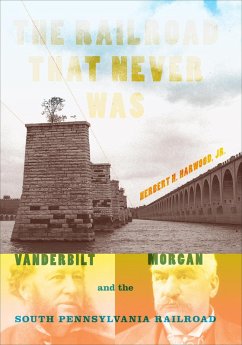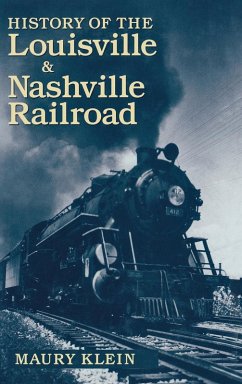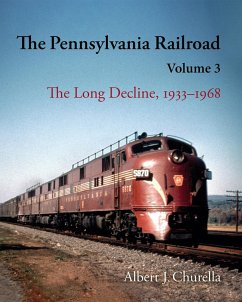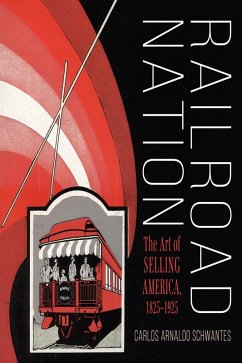
Notes on Railroad Accidents (eBook, ePUB)
Versandkostenfrei!
Sofort per Download lieferbar
1,99 €
inkl. MwSt.
Weitere Ausgaben:

PAYBACK Punkte
0 °P sammeln!
In "Notes on Railroad Accidents," Charles Francis Adams meticulously chronicles the perilous consequences of America's burgeoning railroad industry during the 19th century. Through a blend of analytical rigor and personal narrative, Adams highlights the frequency and severity of railroad accidents, delving into regulatory failures and safety oversights that often led to tragic outcomes. His work stands as a critical examination of both the technological advancements of the era and their implications for human life, reflecting the tensions of progress and safety in a rapidly industrializing nat...
In "Notes on Railroad Accidents," Charles Francis Adams meticulously chronicles the perilous consequences of America's burgeoning railroad industry during the 19th century. Through a blend of analytical rigor and personal narrative, Adams highlights the frequency and severity of railroad accidents, delving into regulatory failures and safety oversights that often led to tragic outcomes. His work stands as a critical examination of both the technological advancements of the era and their implications for human life, reflecting the tensions of progress and safety in a rapidly industrializing nation. The prose is both lucid and evocative, inviting readers to ponder the human cost of progress while grappling with a nascent understanding of industrial risk management. As the great-grandson of President John Adams and a prominent political figure in his own right, Charles Francis Adams was deeply engaged in civic issues and public welfare. His unique perspective-shaped by his familial legacy and his own experiences as a railroad executive-imbues this work with authority and urgency. Adams's commitment to reform and accident prevention illustrates his broader advocacy for social responsibility in the face of industrial growth. I highly recommend "Notes on Railroad Accidents" to scholars, historians, and general readers alike, as it provides invaluable insights into the safety practices of early rail transportation and compels us to consider the ethical dimensions of technological advancement. This work not only enriches our understanding of historical contexts but also serves as a clarion call for ongoing vigilance in our modern infrastructures.
Dieser Download kann aus rechtlichen Gründen nur mit Rechnungsadresse in A, B, BG, CY, CZ, D, DK, EW, E, FIN, F, GR, H, IRL, I, LT, L, LR, M, NL, PL, P, R, S, SLO, SK ausgeliefert werden.













